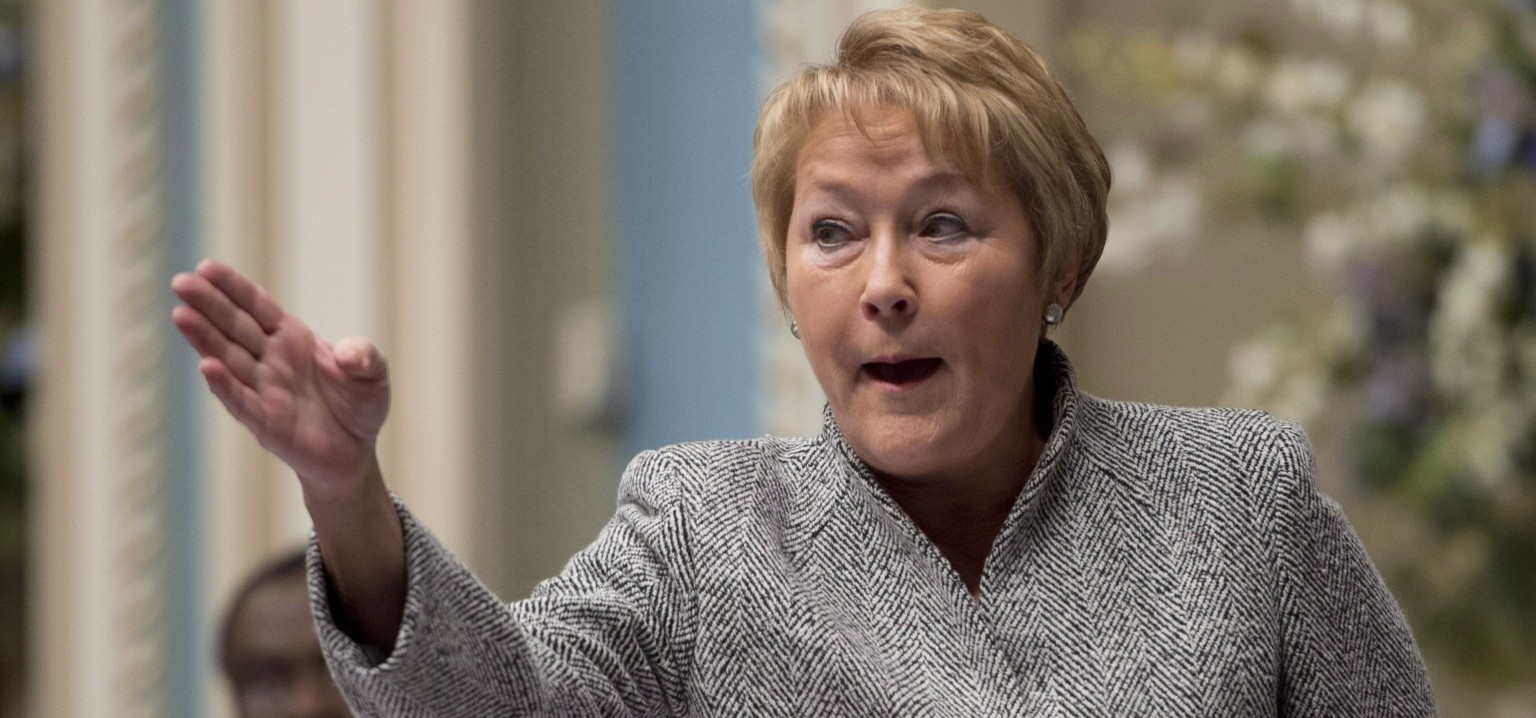When I write my little articles for online publication, I’m often worried that someone will misconstrue my words. Two years ago for the Bull & Bear, I talked about Quebec’s crumbling healthcare system. While writing the piece, I remember being really selective about the wording I used— what if someone thought I was a greedy capitalist who wanted to privatize our hospitals? Perhaps this is a personal issue I need to further reflect on, but I find that misunderstandings seem to be common in the online sphere. Every day I see dubious facts shared on Instagram stories, people buying into falsely-marketed products on TikTok, and endless Twitter (sorry, X) arguments that seem to continue in circles. While everyone has their own theories, I would argue that the chaos of social media comes from a lack of media literacy. To spell it out for everyone— our generation consistently fails to understand media from a critical lens, leading to the miscommunication and hostility we see today.
…featuring something in a piece of media does not necessarily mean supporting it.
Media literacy can broadly be defined as “the ability to encode and decode the symbols transmitted via media and synthesize, analyze and produce mediated messages.” For example, an author specifying that the curtains were blue could mean a lot about the characters and themes of a story. However small details can be easily overlooked, leading to a lot of people to disregard critical analysis and take works at face value. I saw Oppenheimer last summer and found it to be very critical of the U.S. military but for many on TikTok, it was 3 hours of war propaganda. Now there are many valid criticisms to be had about this film, but I do not think glorifying war can be one of them – featuring something in a piece of media does not necessarily mean supporting it. Throughout the movie, Oppenheimer has many existential crises, discussions with other scientists, and legal battles; although it’s not explicitly stated, there are many moments that imply very heavily— war is bad. We need to remember that cultural context, emotional cues, and literary devices are all deliberately incorporated to reinforce a message, and sometimes we need to reflect on these elements to get to the heart of a story. Unfortunately, I feel there’s been resistance to critical analysis from the moment we first stepped into a high school English class, and so these elements do not always get properly examined. Analysis has become this pretentious activity reserved for academic circles, and it’s troubling to think about how this mindset could affect us later in life. Should we take advertisements at face value? What does this say about our ability to identify bias in reporting, and what happens when we come across actual propaganda? It is always worth questioning and analyzing the content we consume, and the sooner we remember that the better.
The decline of media literacy is compounded by the rise of social media, and with its significant changes to the way we get our news. While traditional news organizations have joined the social media mix, they find themselves competing with individual creators who are much better at capturing our generation’s short attention span. In Canada, these verified news outlets also have much less visibility: in response to Bill-C18 which would require big tech companies to compensate media organizations, major players such as Google and Meta have opted to simply block Canadian news on their platforms. This leaves the door wide open for “entertainment & news” creators to become primary information sources for many Canadians. In the Greater Toronto Area, where I’m from, @6ixbuzztv on Instagram dominates as a top news source among Gen Z, amassing a loyal 2.4 million following that includes Drake and Federal NDP leader Jagmeet Singh. Recently, the media company has repeatedly been under fire for inciting racism, homophobia, and among other things, misinformation. One post, which has since been deleted, reads: “Canada’s Supreme Court Made ‘Extreme Intoxication’ A Legal Defense Because Murderers Were High On Magic Mushrooms So It’s Not Their Fault.” This greatly oversimplifies and sensationalizes the story, but few people ever read beyond the headline. In the high-density environment of social media, inciting controversy is a common way to increase engagement, but it’s concerning to see how many people take misleading narratives as an absolute truth. Rather than accepting these statements at face value, we should really start checking our sources, and even actively seek out content that isn’t delivered to us by an algorithm. If we can take it a step further, we might even be able to think critically about the various information presented and create our own opinions.
If we consider Western society to be in the midst of an information economy, then perhaps we are in an inflation period that has devalued critical thinking.
But how have we gotten so bad at critically thinking? I suspect that it’s a function of the sheer amount of information available these days. There is so much content that I really only have time to skim over the basic premise of a video/article/Instagram infographic before I must keep scrolling and maximize my media consumption. I’m forced to sort things into a binary just to quickly make sense of it; all actions are either good or bad, all opinions are either right or wrong. Out of the fear of misinterpretation, complex topics get distilled into simple arguments that must align with only one side of the moral pendulum. There is little space for nuance, much less analysis. At the same time, it has become increasingly easier to access all this information. The answer to every question I could possibly have is a quick Google search away. If I’m feeling lazy, ChatGPT can summarize articles for me, or even come up with ideas for my final papers. These habits form the basis for how we interact with the world: in abundance, and without discernment. If we consider Western society to be in the midst of an information economy, then perhaps we are in an inflation period that has devalued critical thinking.
Ultimately, media literacy should not be seen as a rare skill reserved for academic circles. We all need to start thinking further about song lyrics, movies, news, and social media posts. Why did someone make that? What is it actually about? How is it supposed to affect my opinion on the topic? As our everyday lives become more and more inundated with information, we owe it to ourselves to learn to deconstruct the content that surrounds us and think critically.








